
^(Sound quality of video is not representative of album)
People really have some half-arsed ways of categorising music, not to mention marginalising themselves and others. One Last Wish formed in a great year for music, er, 1986, after the dissolution of what many consider to be the first 'emo' band, Rites of Spring. This is still a term I have difficulty acknowledging in the musical sense, not least because it has been lumbered with derogatory connotations and passed into lazy slang for people who don't understand it's true origin... Although by now it's safe to say that the term has been firmly reinvented by morons (after all, what isn't 'emotional'?!) - 'melodramatic' would be so much more apt.
Anyway, when I was still at school, 'emo' was not in use and it didn't constitute a lucrative youth trend - these people were simply labelled as 'goth', a proud label indeed that is, importantly, rooted in a hugely diverse set of musical traditions stretching way back to the late 70's. I try and fail to ignore the developments of pop-metal. What you are getting here is not the Billboard 100 emo that you have come to love or loathe.
If 'emo' must be used, let us use it properly. It was invented as a title for Rites of Spring and their ilk - bands that arose from the always-active Washington, D.C. scene during the Revolution Summer - and who were tentatively billed as 'emotional hardcore' or 'emocore' (which itself has a totally different meaning nowadays). Ian McKaye and his post-hardcore group Fugazi are two of the central pillars of this scene that the music fan 'on the street' will be familiar with; and '1986' is one of the lesser-known classics of McKaye's groundbreaking Dischord label.
One Last Wish comprised of three ex-members of Rites, including singer/guitarist Guy Picciotto. They released only the one short 'n sweet masterpiece before moving on (two of them to Fugazi); and it's a record which I consider to be much superior to the output of their first band, even if they are more celebrated. Every song is a gem, the impassioned delivery is every bit deserving of the original 'emo-core' tag; and it's musically ingenious to boot, more complex and cavernous-sounding than than its violent hardcore brothers. Every little time change within the punk-length songs is calculated to twist the stomach and Picciotto's voice suits the material to a T. It's never a cakewalk understanding rock lyrics at the best of times, but you know the score here: pious straight edge personal politics and good old alienation, both from the mainstream and the 'punk scene'.
Meat is, like, murder
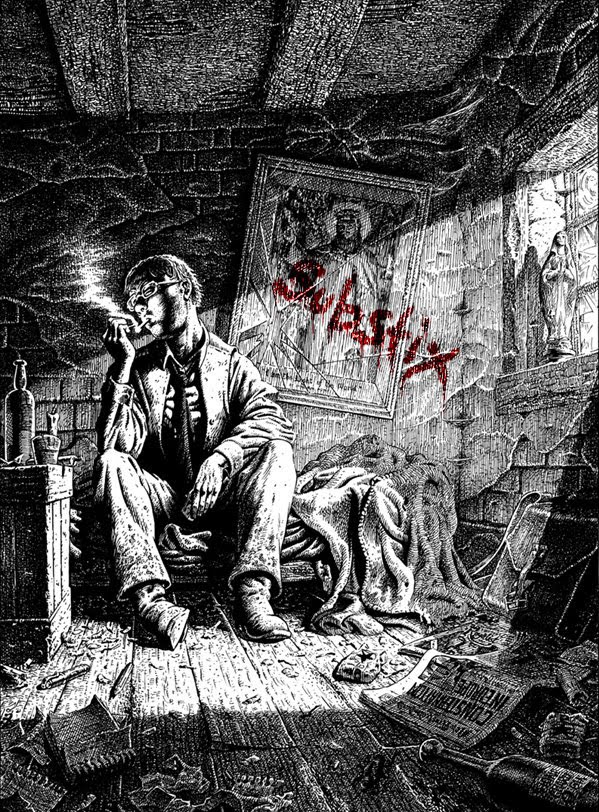



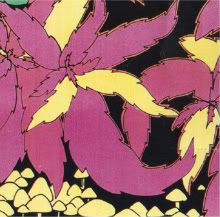
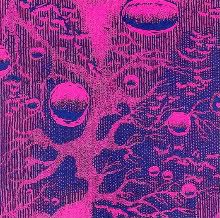

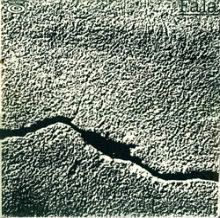

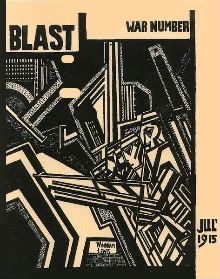
No comments:
Post a Comment